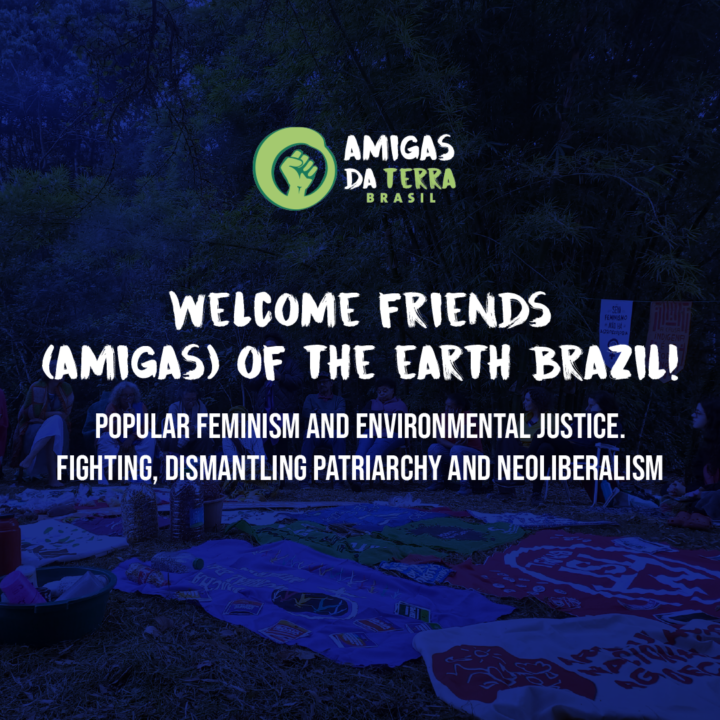Popular Feminism and Environmental Justice. Fighting, dismantling patriarchy and neoliberalism.
Assuming a new identity means revisiting the past with a different perspective, and also changing the present and the future. In that endless movement, we reflect on who we have been and who we are in this moment and on how we organise ourselves to keep transforming reality. A change which brings the reflection on the possibilities for a future with environmental, social, economic and gender justice, free from all forms of exploitation and oppression. One which may build in practice the possibilities and alliances to make that future possible.
Assuming a new identity means embracing our transformations through history, in people, in our collective skins. A path that permeates our beings, our clothes, our house Casa(nat), our communities, alliances, networks and surroundings, be it in a city, countryside, forest, waters… the whole world.
We, the people who took over the legacy of a social organisation at the turn of the millennium, have cultivated and resignified the identity and purpose of our political struggle and action. That purpose is now part of a movement for environmental justice. A movement which is diverse, plural, multisectorial, and which acquires more unity and coherence as we develop our individualities organised in a movement.
That long walk is transformed and reflected today in symbols which are very important to us:
* The eternal ouroboros – of continuity and transformation, of hug and unity, of internationalist solidarity which unites organisations of people who are friends of the earth all over the planet in a global federation of community-based environmentalist organisations, strategically allied with movements which also are international and internationalist of Via Campesina and the World March of Women.
* From the defence of nature and the diffuse rights of society to the political struggle in defence of democracy and against neoliberalism, for Environmental Justice, against Environmental Racism and building a Popular Feminism to dismantle patriarchy, the drawing of the tree takes the shape of a clenched fist. A symbol used in the fights against all forms of oppression, especially in anti-racist fight, but also in the rise of the peoples who have always rebelled against slavery, eviction and violences against their bodies, territories and their role in society: women, indigenous peoples, black and quilombola people.
* In this Brazilian Land, green with so many shadows, diasporas, suffering, coups and disputes over the abundance of its waters, forests, cultures and songs, we want to see many generations of people who are friends of the Earth blooming. Marching, allied with the hope that only organisation and social struggle can generate, they change the world.
In its new Ordinary General Assembly, Friends (Amigas) of the Earth Brazil embraces its new name and new identity, celebrating 40 years of the organisation as a member of the greatest environmentalist federation in the world: Friends of the Earth International, now integrated by national organisations like ours in 75 countries besides Brazil.
That organisation, bearing the logo of a tree like most organisations in the environmental movement in the 70’s, was embraced by the ouroboros in the logo of the federation Friends of the Earth. Then we deconstructed and rebuilt our identity as the fight went on. Nowadays, the contours of that tree are rooted in the solidary and internationalist struggle against oppressions of class, race and gender; and they join the raised fist which we borrowed from the black movement, proudly taking part in the social and environmental causes of our times.
Our history also reflects the advances and challenges of women’s struggle. 40 years ago, a group of women needed to become a mixed collective to integrate the international network of Friends of the Earth International, and even being a majority, they accepted the patriarchal linguistic imposition defining themselves as Friends (AmigOs, masculine) of the Earth. Today, our organisation is composed of a new generation of people who are AmigAs (feminine) of the Earth, diverse in genders, race, sexual orientation, age, gifts and unique capacities.
Friends (AmigAs) of the Earth who are committed to the internationalist fight, and determined to fight to dismantle the oppressions of racism and colonialism, machismo, patriarchy, sexism, misogyny, LGBT phobia, capitalism, neoliberalism, militarism and imperialism, in the class struggle and the sexual and international divisions of labour.
Our minds and bodies have been and are different. Certain that the past is no longer of service to us, we happily take this new and uncertain step, sure that we are in constant change and transformation. Our strength in the struggle is what guides us towards a more just and solidary world.
Long live Amigas da Terra Brazil!

Amigas da Terra Brasil (Friends of the Earth Brazil)
Porto Alegre (RS), 21 June 2023

















